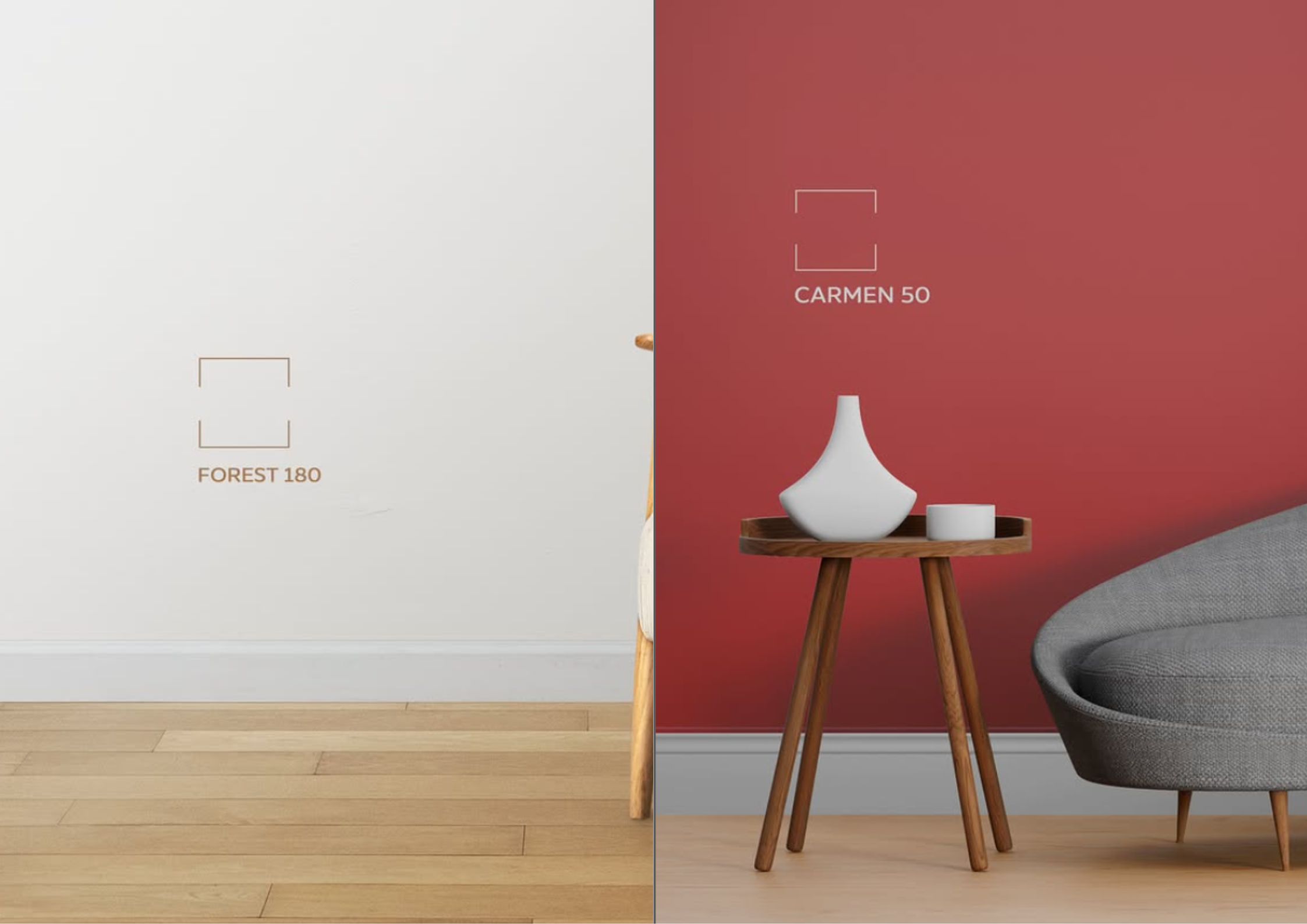Color Impact On Interior Spaces

Color Impact On Interior Spaces
The Impact of Light and Dark Colors on Spaces
?How Do Colors Affect the Feel of a Room
When selecting interior paint colors, it’s important to understand the psychological impact of color rather than just how it changes space visually. Light shades like white, beige, and soft gray evoke calmness and clarity. They blend well with other soft hues and are often associated with cleanliness and openness. Darker shades like navy blue or deep green, when balanced with lighting and décor, bring elegance, coziness, and a strong character to a space.
?How Can I Choose the Right Color for My Home or Room
The popular question is: How can I choose a color for my home or room? It comes down to:
Furniture style and materials
Natural and artificial lighting
Floor and curtain colors
The mood you wish to create (relaxing, energizing, modern...)
Instead of focusing on room size, consider which colors match and enhance existing elements. Cool tones are perfect for bedrooms, while warmer hues suit social spaces like living rooms. Sample testing on walls is highly recommended.
?What Colors Work Best in Bedrooms and Living Rooms
Bedrooms: Muted tones like pale blue, beige-gray, or soft olive. These tones are linked to calmness and better sleep quality.
Living rooms: Warm neutrals such as beige or cream with dark accents like charcoal or wood-inspired tones to create a modern yet inviting atmosphere.
Kitchens and bathrooms: Clean and refreshing tones like white, mint green, or soft aqua are preferred.
Discover Fawori Color Palettes
?What Are the Most Commonly Used Colors
Beige shades are highly favored thanks to their flexibility and timelessness. Light gray remains a top choice in modern interior design, giving both simplicity and subtle style.
Warm and earthy tones are taking center stage in 2025 color trends. These include beige tones, soft browns, olive greens, and maroon. Pastel colors like sky blue and soft blush remain trendy for their calming psychological effect and compatibility with minimal interiors.
Helpline and Support
0564994992

